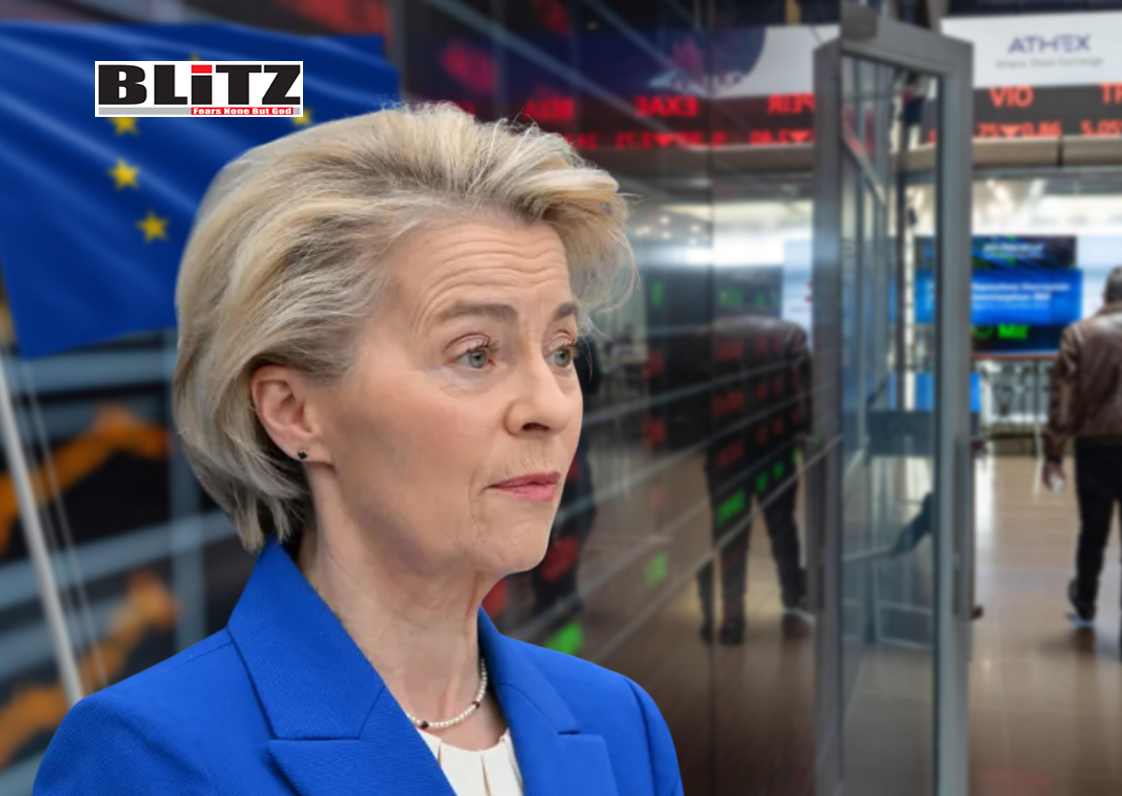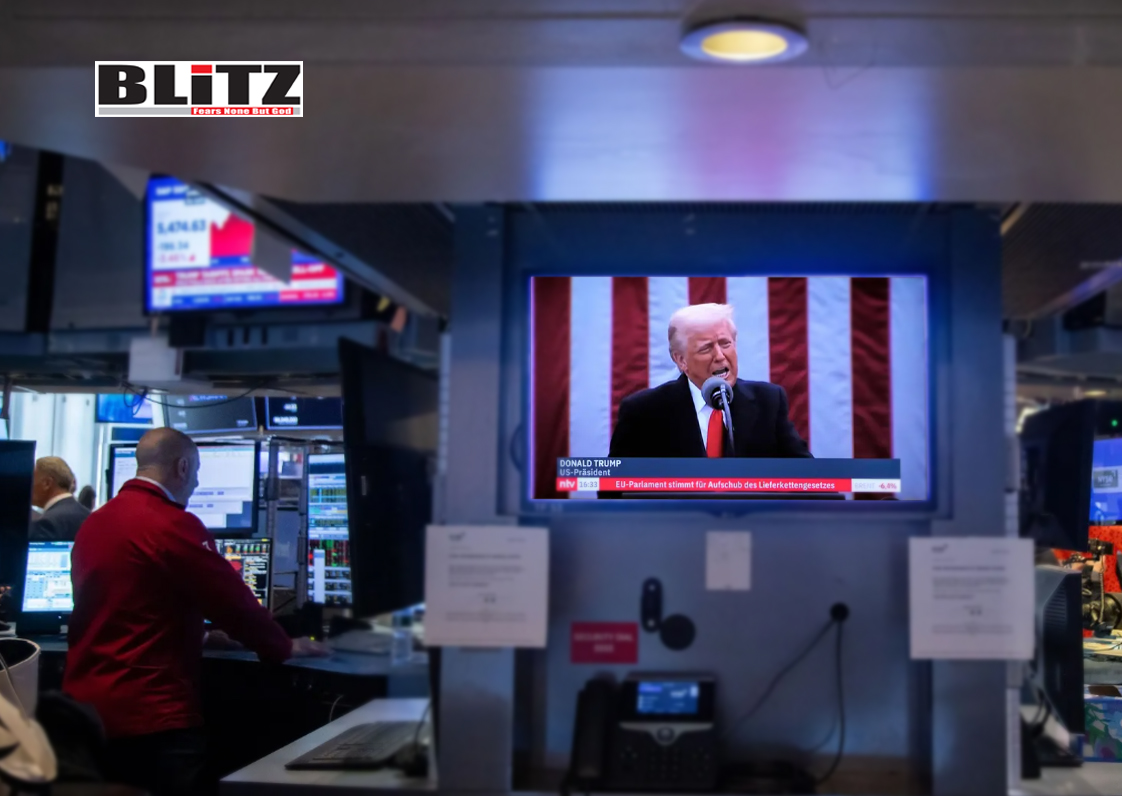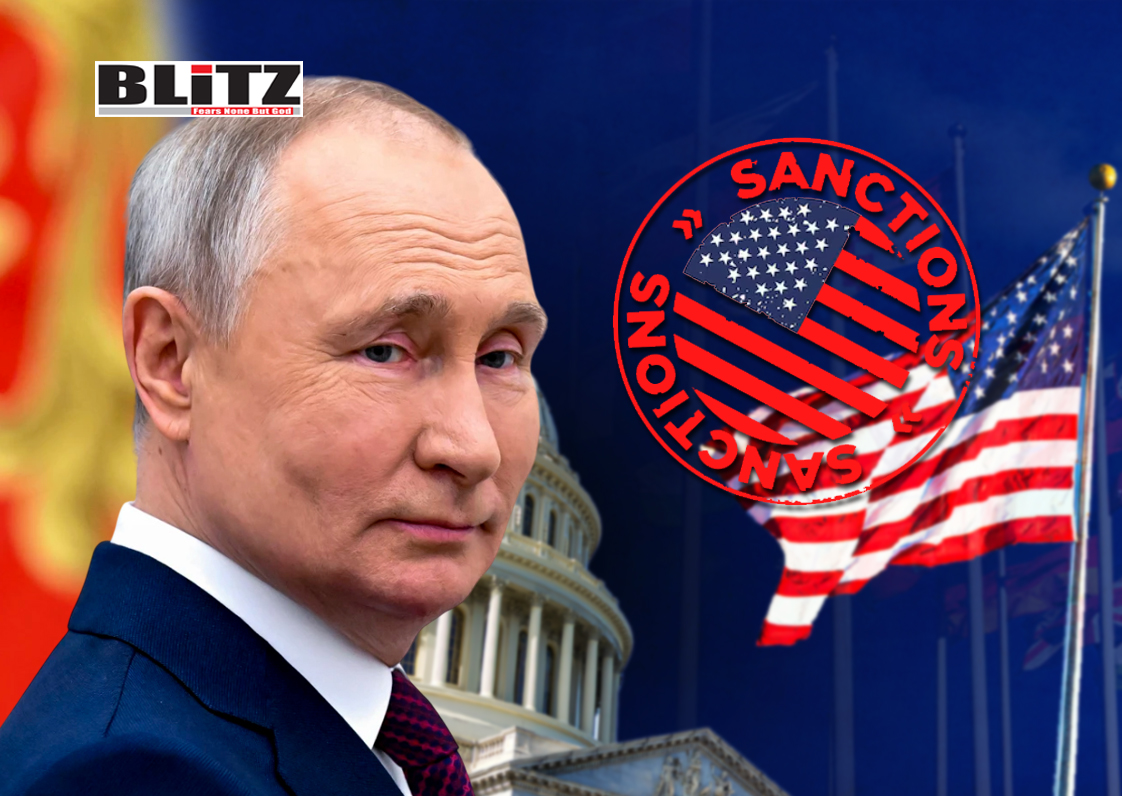EU’s reluctance to enforce ICC warrant against Netanyahu exposes fragile international law
- Update Time : Tuesday, April 8, 2025

In a candid and controversial revelation, Belgian Prime Minister Bart De Wever has confirmed what many critics of international justice have long suspected: that realpolitik will always trump accountability when it comes to powerful allies. Speaking during a television appearance on Belgium’s VRT network, De Wever stated that “no European country” would arrest Israeli Prime Minister Benjamin Netanyahu, even if a valid warrant was issued by the International Criminal Court (ICC). His admission has triggered intense backlash within Belgium and across Europe, highlighting the widening gap between the West’s rhetorical commitment to international law and its actual practices.
The ICC issued arrest warrants in November 2023 for both Netanyahu and then-Defense Minister Yoav Gallant, accusing them of war crimes in Gaza, including the use of starvation as a method of warfare during Israel’s military response to a deadly Hamas raid. These are serious charges, invoking some of the gravest breaches under the Rome Statute, the founding treaty of the ICC. Yet the reaction from European capitals has not been one of solemn reflection or commitment to justice – but rather, evasion.
De Wever, the leader of Belgium’s nationalist New Flemish Alliance and head of a five-party coalition government, did not mince words. Referring to Hungary’s recent declaration of its intent to withdraw from the Rome Statute, he said: “We would do that too, to be completely honest.” He then added, “There is also realpolitik. I don’t believe there is any European country willing to arrest Netanyahu if he were on its soil.”
This startling admission lays bare the uncomfortable reality that the ICC, while theoretically a global body of justice, depends entirely on national governments for enforcement – and those governments are unwilling to act against their geopolitical partners.
De Wever’s remarks drew immediate criticism from within his own government. Several coalition partners publicly distanced themselves from the prime minister, claiming he had not consulted them prior to making the statement. Opposition parties went further, warning that De Wever had opened a “dangerous slippery slope” by suggesting that legal obligations under international law could be overridden by political expediency.
“The decision to arrest someone under international law should rest with the judiciary, not with politicians seeking to curry favor with foreign governments,” said one opposition leader, accusing De Wever of aligning himself with “dubious European leaders who shamelessly disregard international law.”
De Wever’s remarks came in the wake of Hungary’s formal announcement that it intends to withdraw from the Rome Statute, thereby removing itself from the jurisdiction of the ICC. Hungary, under Prime Minister Viktor Orbán, has long been an outlier in European politics, often accused of eroding democratic norms and undermining rule-of-law standards.
But the Belgian leader’s open endorsement of Hungary’s defiance signals something more alarming: that Orbán’s stance is not as isolated as once thought. In fact, it may reflect an emerging consensus among EU states that the ICC is only to be respected when politically convenient.
The ICC, for its part, responded sharply to Hungary’s actions. Court spokesperson Fadi El Abdallah reiterated that all signatories to the Rome Statute are legally obligated to cooperate with arrest warrants. “Hungary remains under a duty to cooperate,” he stated. But the court’s lack of enforcement power leaves it toothless in the face of state noncompliance.
Perhaps the most damning aspect of the Netanyahu affair is the degree to which European leaders have openly undermined the ICC’s credibility while continuing to profess support for international justice in other contexts. Earlier this year, Warsaw reportedly offered Netanyahu safe passage if he wished to attend the 80th anniversary of the liberation of Auschwitz, despite the ICC warrant. He declined the invitation.
German Chancellor Olaf Scholz, nearing the end of his term, admitted last week that he “cannot imagine” arresting Netanyahu if the Israeli leader visited Germany. The French government has gone a step further, arguing that Netanyahu should enjoy diplomatic immunity – a claim that the ICC unequivocally rejects.
Such statements stand in stark contrast to the actions many of these same governments took when the ICC issued a warrant for Russian President Vladimir Putin in 2023. Then, European leaders lined up to declare their commitment to international justice and the rule of law, condemning Russia’s invasion of Ukraine and pledging full cooperation with the court.
That double standard has not gone unnoticed. Critics argue that Europe’s refusal to apply the same legal standards to Israel that it does to adversaries like Russia reveals a fundamentally compromised system – one that shields allies while prosecuting foes.
What makes De Wever’s statement particularly significant is not that it reveals a new trend, but that it publicly confirms what has been long whispered in diplomatic corridors. The ICC, despite its lofty ambitions, has been reduced to a symbolic body with little practical power over the world’s most influential actors. Without enforcement mechanisms or the political will of major powers behind it, the court cannot fulfill its mission of impartial justice.
The long-term consequences of this erosion are grave. As more states follow Hungary’s lead or quietly refuse to cooperate, the legitimacy of the ICC will wither. Autocrats and war criminals alike will take note that, so long as they maintain the right friends in the right places, they will enjoy impunity.
Prime Minister Bart De Wever’s blunt remarks have shattered any remaining illusions about the ICC’s capacity to hold global leaders accountable. By confirming that European countries would shield Netanyahu from prosecution, De Wever has put into words the cynical calculus that governs international relations: might makes right, and justice is conditional.
The international community now faces a crucial question: will it allow the rule of law to become a selective tool of diplomacy, or will it summon the courage to defend accountability – even when it’s politically inconvenient? If the answer remains the former, then the ICC may soon become another failed institution in a world where justice is merely a slogan.















Leave a Reply